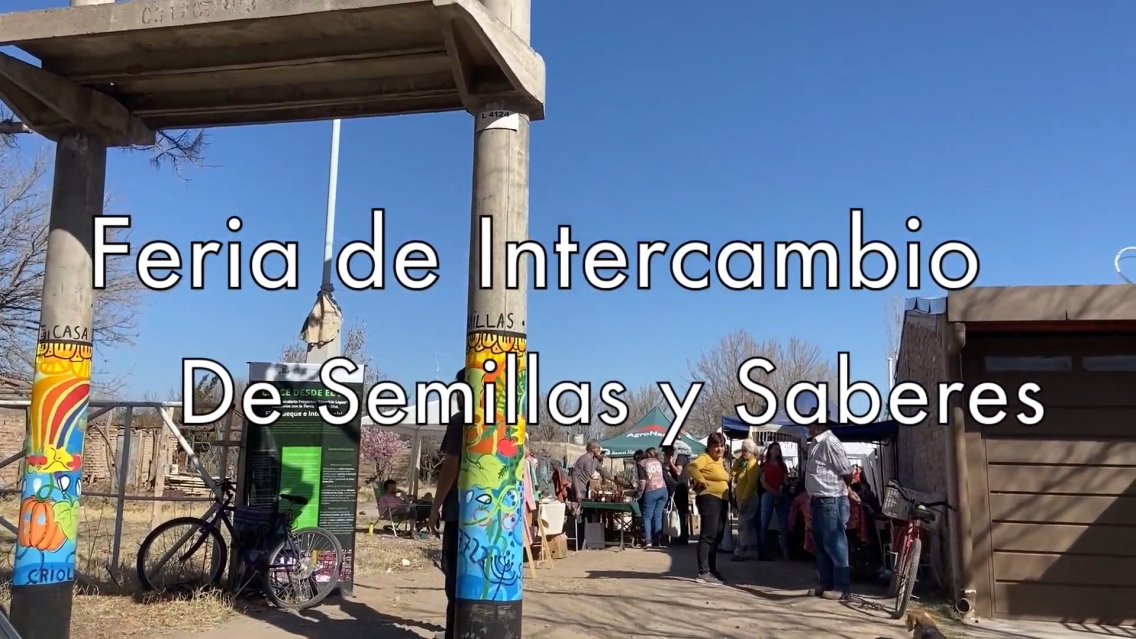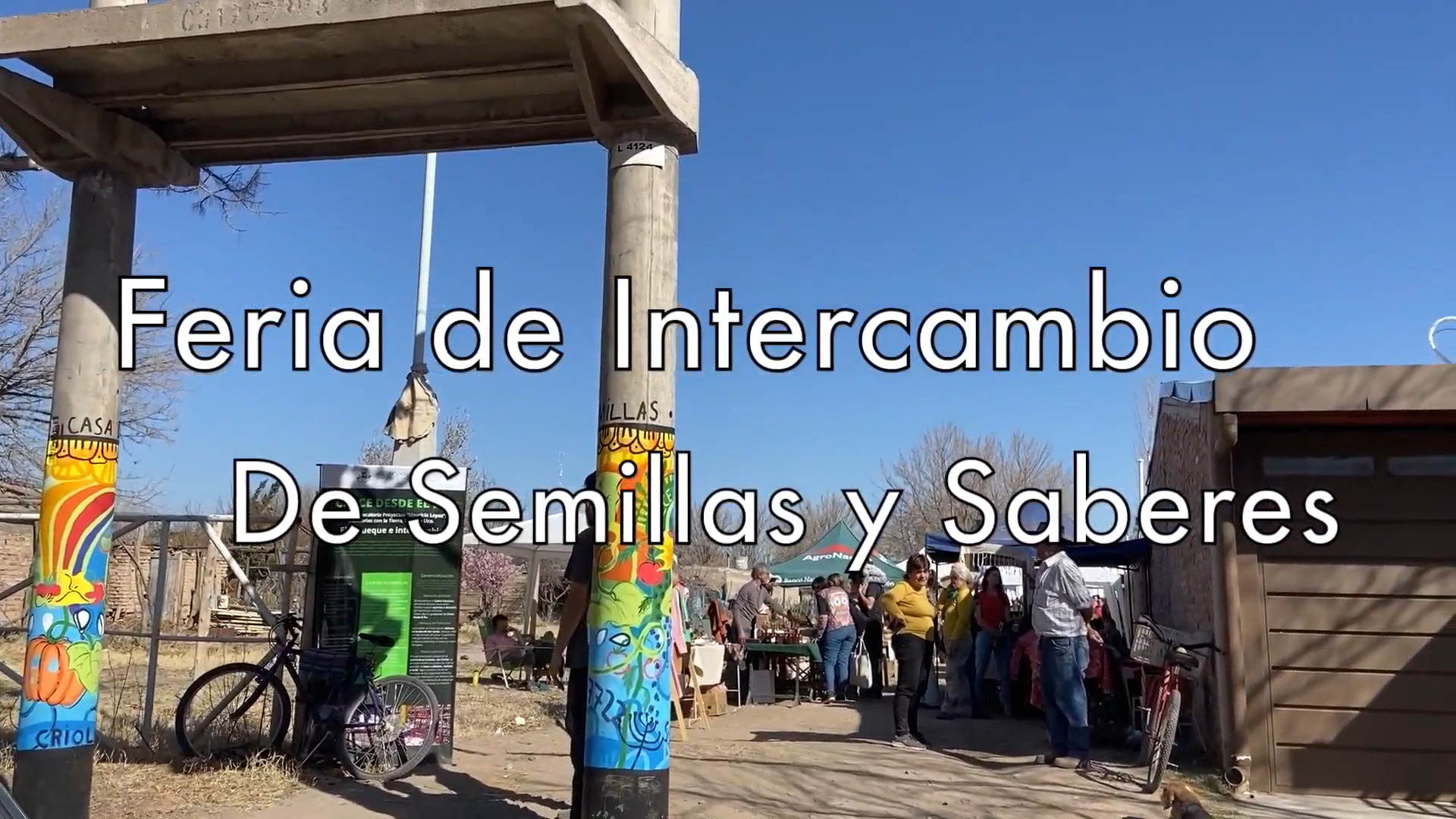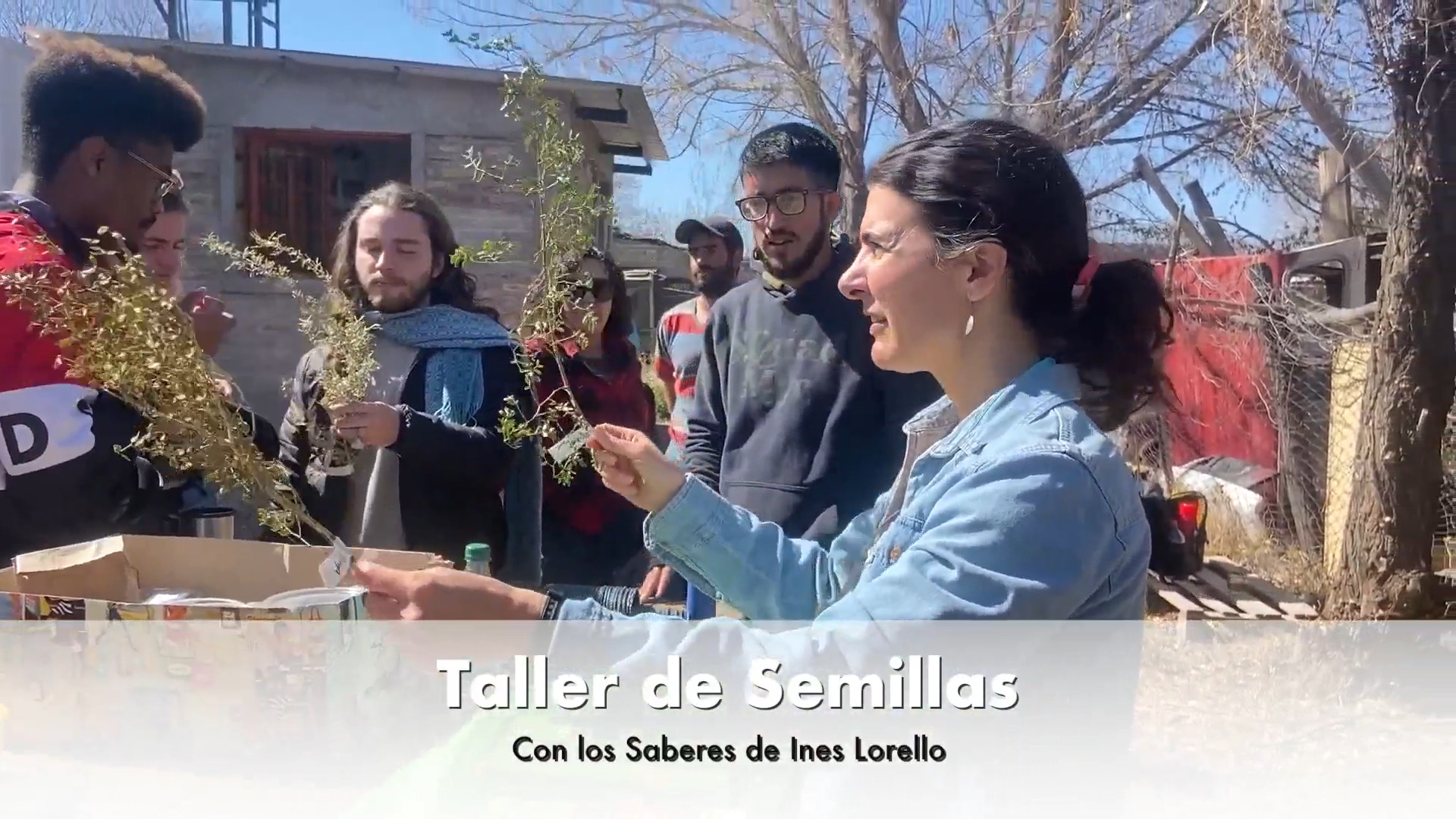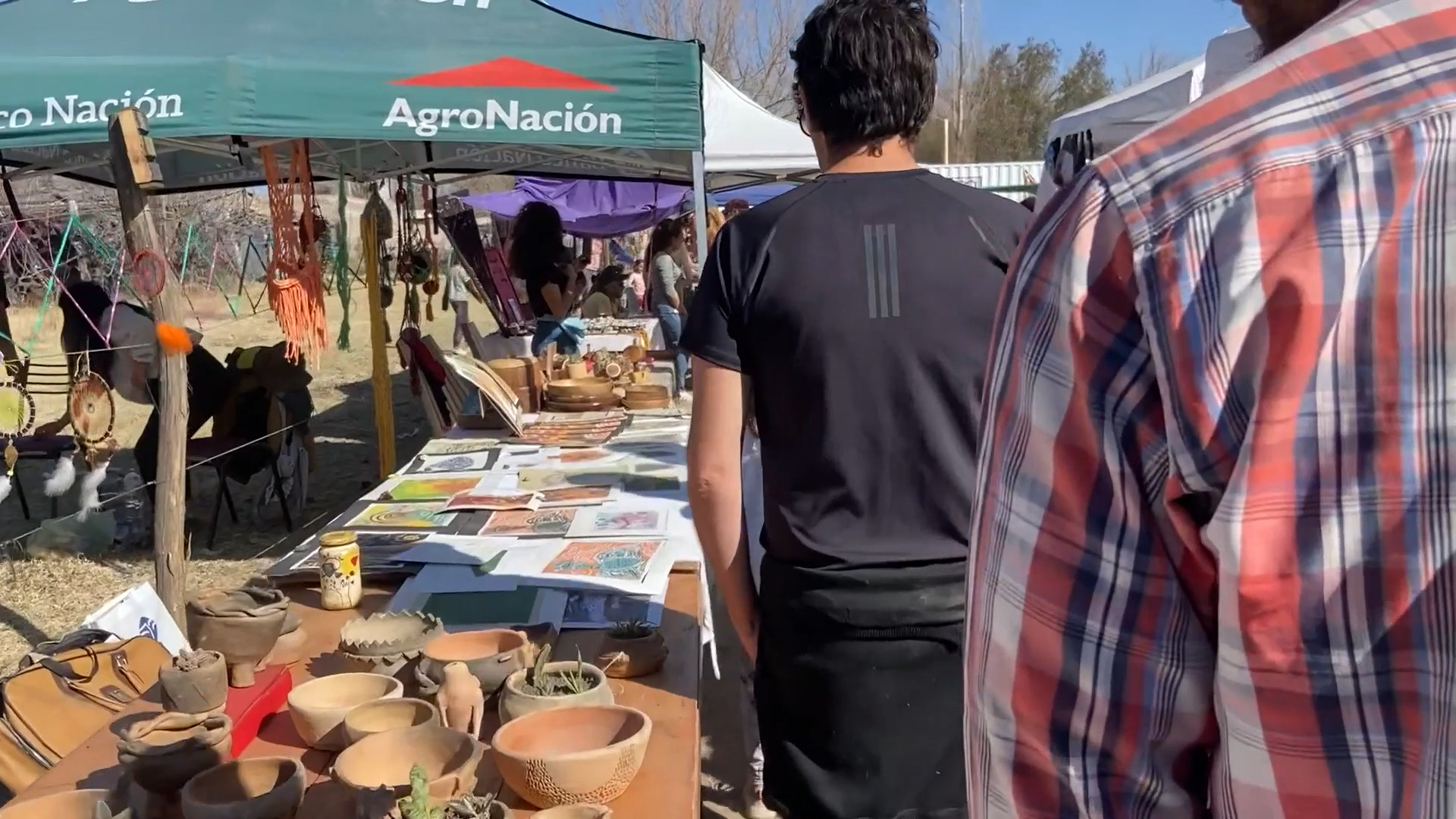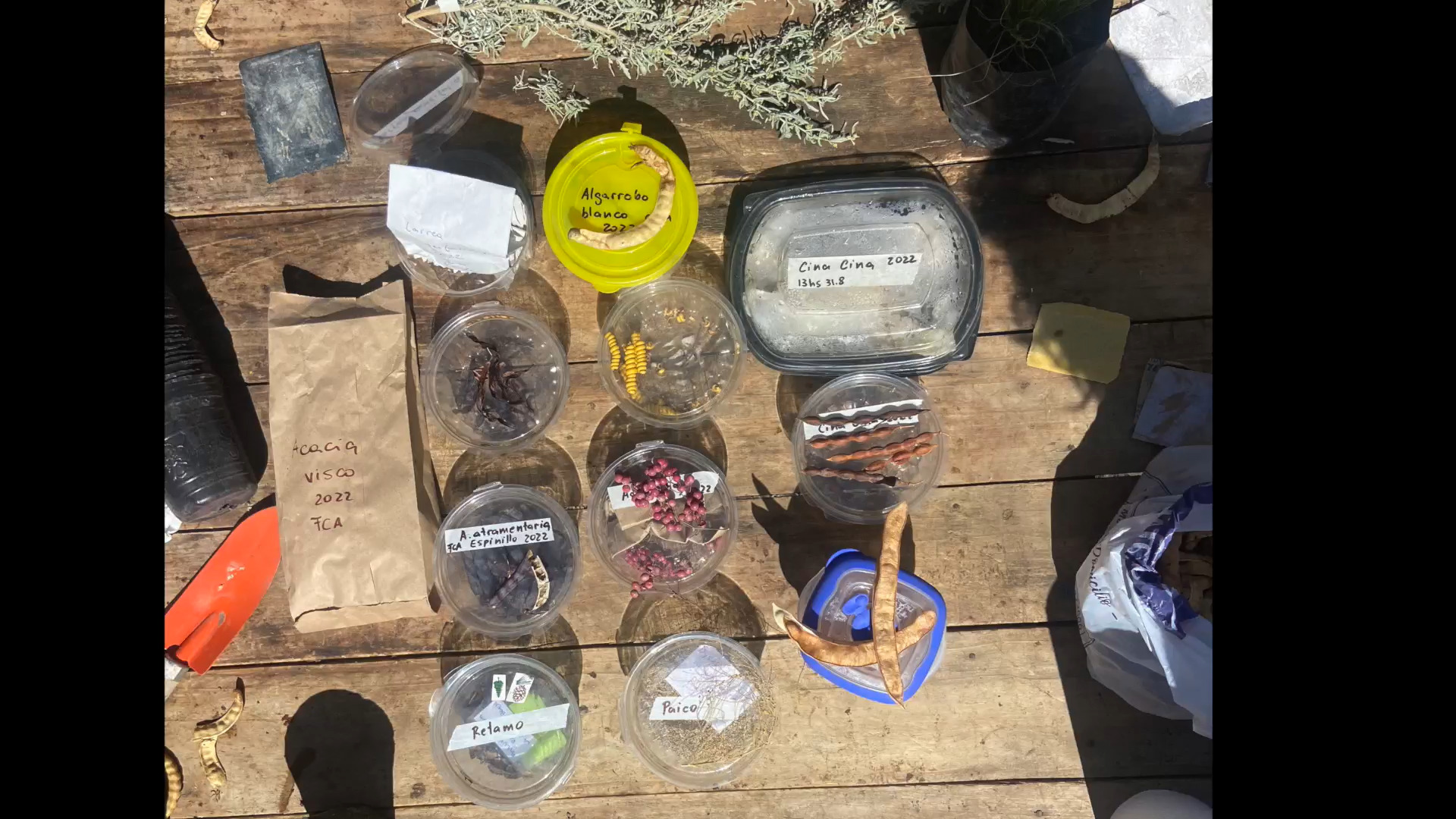Conflict Transformation in Argentina
Internships
-
Consejo Argentino para las Relaciones Internacionales or the Argentine Council for International Relations (CARI) - In the Fall of 2022 a student worked with their supervisor on how new war technology may prevent armed conflicts.
- La Poderosa, a publication that seeks to highlight class exclusion and poverty issues in Buenos Aires - In the Fall of 2022 a student worked on translating documentation for promoting and fundraising as well as working closely with their supervisor to consider the physical and dynamic differences between low-income neighborhoods in the US and Argentina.
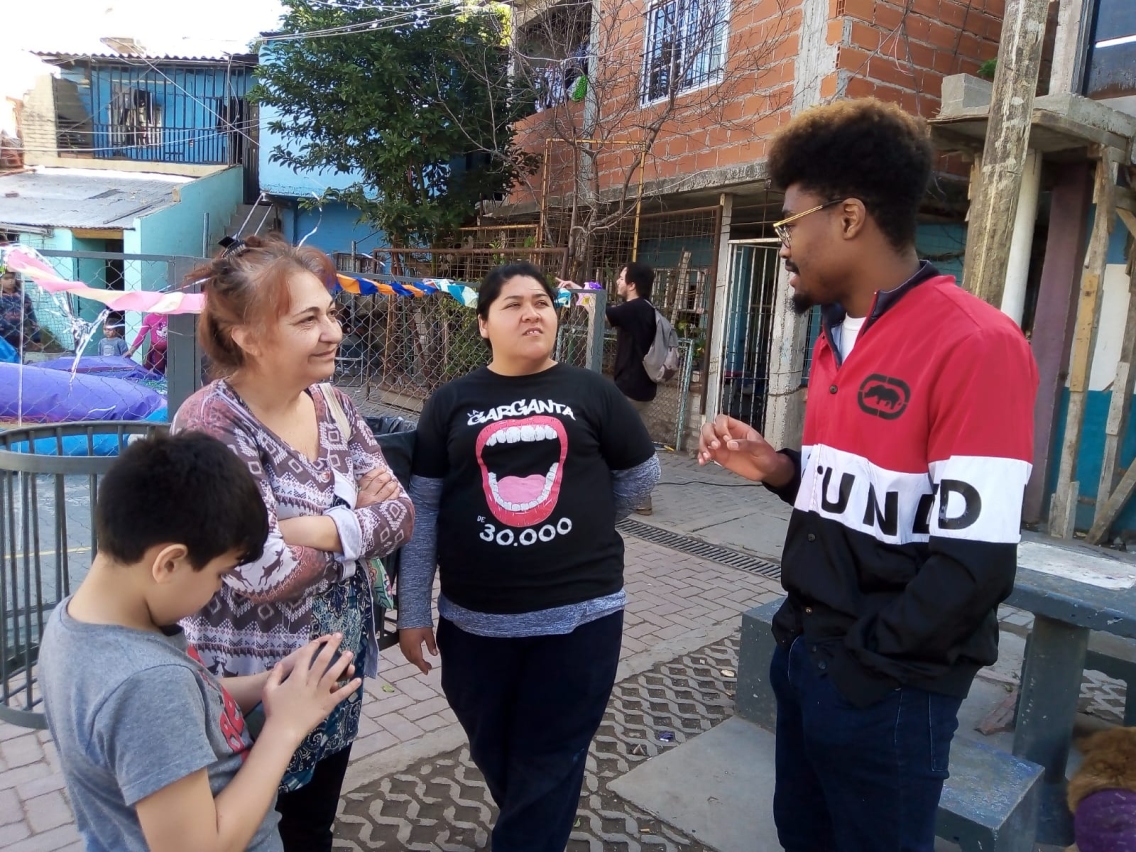
Orientation excursion to Mendoza with multiple activities that highlighted the importance and struggle for water resources and water conservation, the rights to seeds and natural species, as well as the rural producers who maintain and protect them. Activities included:
- Dinner with a group of activists from Asamblea Nacional del Agua, a nationwide grassroots organization mobilized to protect the sustainability of water resources from mega-mining.
- Day trip to a small neighboring village, San Carlos, to attend a day-long regional meeting of activists from Plan Nacional de Semillas. This organization is a grassroots assembly working on the free exchange of seeds as well as advocating for protections from privatization and creating legal rights on natural species. The day is spent attending seminars, visiting exhibitors and their booths including local natural foods.
Feria de Intercambio de Semillas y Saberes
Photos adapted from video from Middlebury student Claire Babbott-Bryan
Kate Tapscott a student from Bowdoin College offered her reflections on the experience:
During my time in Valle de Uco and with the Assembly for the Protection of Water, I not only experienced deep cross-cultural connection but also achieved a richer understanding of the conflict between the government of Mendoza and its citizens over the protection of the province’s water. As I understand it, the government is pushing for legislation that enhances development projects such as mining. While these projects supposedly have an economic benefit, they carry the steep cost of contaminating Mendoza’s water on a large scale. The arid climate of the region makes water vital and scarce. Much of the conflict stems from the extractivist approach of the Mendoza government. As Sergio explained to us, water in Mendoza ought not to be thought of as a natural resource but as a common good. The conflict has a dimension of class, as well; much of the large companies and the groups that push for the privatization of water are controlled by the political elite. Their economic privilege shields them from the worst effects of their own policies, while more marginalized communities are left to bear the brunt of them.
The Assembly for the Protection of water takes a thoughtful and ego-free approach to protecting the region’s water. They have a horizontal power structure in which there is no one leader and everyone’s voice can be heard equally. As they explained to us, they seek to do what is best for the water, not to pursue the interests of any one individual. Their integrity and dedication to the cause means that they cannot be bought out or otherwise persuaded out of their action. While the work is arduous and it is not always possible to get the government to take notice, the assembly persists. They have had success in the past in stopping government attempts to install megamineries in Mendoza, and they have been pioneers in community organizing in the region. I am confident that the solution lies with them, in their thoughtful and mission-driven work to preserve water in Mendoza.
Semester activity with Autoridad de Cuenca Matanza Riachuelo (ACUMAR) the Matanza Riachuelo Basin Authority and their work at the Riachuelo River. The Riachuelo is an over-polluted river at the southern border of Buenos Aires that has caused deep environmental, economic, social, and humanitarian problems in the surrounding area. A group of seven students engage in a lecture and discussion regarding the issues surrounding this body of water. In November, students participate in an excursion and navigate the stream to learn and see and hear from experts on the economic, social, ecological and health consequences of the polluted water.

